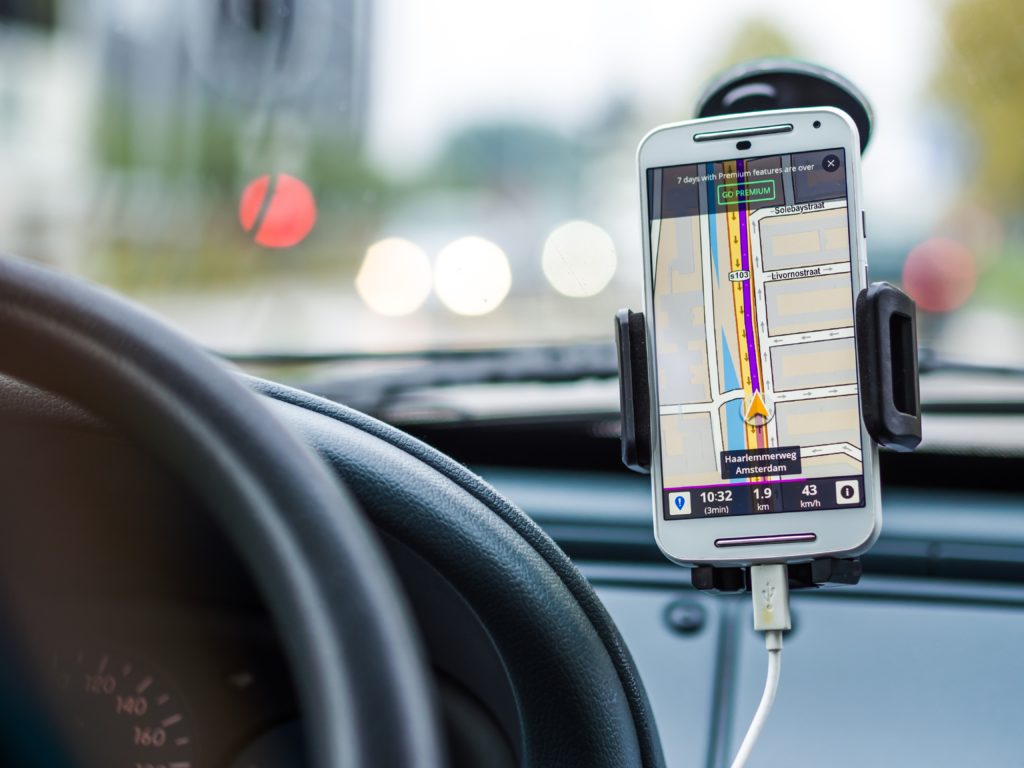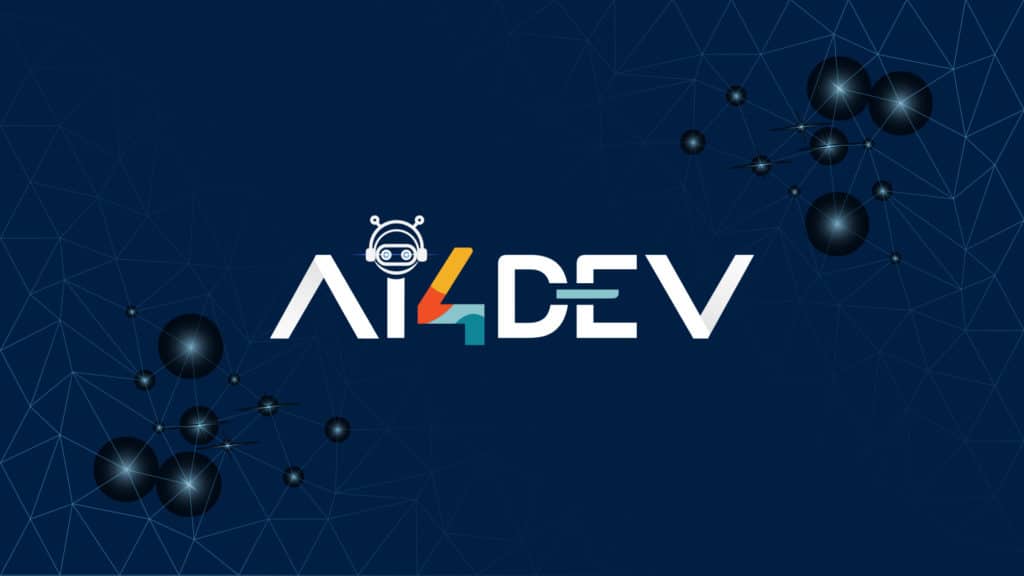What do you think of when you hear the term “artificial intelligence”? Do you think of sci-fi movies where advanced robots take over humans? Or do you feel like it refers to complicated technologies that you can’t comprehend? Actually, artificial intelligence (AI) applications are all around us. If you look around you, you’ll be surprised how much AI implementations are involved in your daily routine. Here are some examples of artificial intelligence in daily life and how they are making our lives easier:
- Your Daily Social Media Scroll:

AI is integrated in many parts of the famous social media platform that we check every day – Facebook! Starting from the ordering and presentation of posts in your newsfeed to predictions on how you will react to each of them, The Facebook algorithm publishes posts and ads based on what’s specifically relevant to you.
AI is involved in many other features on the platform such as the image identification system powered by machine learning, allowing you to tag your friends’ photos and share great memories together. According to The Verge, an American technology news website operated by Vox Media, by the launch of this Facebook feature in 2014, Facebook beat The FBI at facial recognition, reaching an accuracy level of 97%, compared to an accuracy level of 85% of The FBI.
These are all ways social media platforms can allow users to express themselves and connect with others, but is there a downside?
While many can argue that this digital diffusion made it easier to hide behind a screen and type hurtful comments; resulting in a lot of hate speech and online bullying, Facebook has exploited AI to resolve this issue as well. Facebook AI contributes in detecting hate speech at scale and proactively removing it with no human interventions. This has been made possible through developing a deeper semantic understanding of language and various types of content, so that the platform’s systems can analyze images, text, comments, and other elements holistically.
- How long until we Get There?

Using Google Maps to guide us in our trips, or to check how long the road will take, may seem like a simple process that takes seconds. However, there’s so much technology behind the scenes.
The app uses machine learning to make predictions based on comparing two sets of data, live data and past trips, so the app analyzes historical traffic patterns and combines them with live traffic conditions.
Based on this data, Google Maps gives us an Estimated Time of Arrival (ETA). To cut the percentage of inaccuracies, Google Maps partnered with DeepMind, an alphabet AI research lab, that used a machine learning architecture known as Graph Neural Networks. This enables them to better predict whether or not, we – the users- will be affected by a slowdown that may have not even started.
Another blessing of AI in this matter is that it allows us to find alternative routes and decide on which routes we can take. The predictive traffic models are partially determined by two types of data, authoritative data from local governments and real-time feedback from users, helping Google Maps understand when roads change unexpectedly.
- Making Sure you Find your Ride

From helping us find our destination to helping us book our rides, the impact of artificial intelligence in everyday life is outstanding. Ride-hailing service Uber uses machine learning forecasts to fill the gap in demand by using historical data to estimate the time and date when there will be lots of requests, ensuring that enough rides will cover the areas of high demand.This helps uber with customer retention, as users are likely to book a ride through another service if the requested ride is not available instantly.
AI also enriches this experience through the ease of communication, as it can be difficult for drivers to type messages as they drive. Natural language processing powered by machine learning gave drivers the solution. The one click chat allows the cab drivers to click and choose from framed answers to common messages.
- Improving your Customer Experience through Chatbots
How often do you speak to a chatbot on a website to buy a product or to get a specific service?

Businesses investing in AI and -chatbots specifically- have grown over the past few years, changing the way we receive our services and enhancing the customer service consistency.
To facilitate and enhance the customer experience, businesses use chatbots to handle the initial steps of greeting and engaging with a customer, and asking for basic information such as the user’s account number, order number, payment details, and contact information,
This offloads the human agents to focus on issues that are too complex for chatbots, and reduces the wait time it takes for customers to speak with the agents- increasing the overall efficiency of the customer experience process.
AI-powered chatbots also help businesses anticipate complaints and avoid them by picking up patterns in user behavior and “learning” from them. This allows chatbots to address issues before they become a problem for the customer.
- Organizing your Inbox and Helping you Write your Emails
Do you know that by using your Gmail account, you are engaging with AI without even noticing?

Helping you prioritize and organize emails, Google uses AI in Gmail to sort emails into different categories such as Primary, Social, Promotions, Updates, Forums and Spam. Google claims that its AI-powered filtering mechanism removes 99% of spam emails.
Moreover, using machine learning, Gmail can even come up with short Smart Replies that make your email response a click away.
With investments in AI ongoing, we can only expect to see more growth in the upcoming years. Artificial intelligence uses in daily life will become more and more impressive, and major organizations today are looking to AI to resolve major challenges that our populations are facing.
In the light of this, NilePreneurs has joined as a Facilitator in the regional competition AI4DEV2020 (artificial intelligence for development). AI4DEV2020 seeks AI developers who have innovative ideas and can help in resolving global challenges.

Visit the website to know all the details about the participating teams.
Want to stay updated about the competition? Follow AI4DEV Facebook page to learn about the AI innovations that can soon also impact our daily lives!




